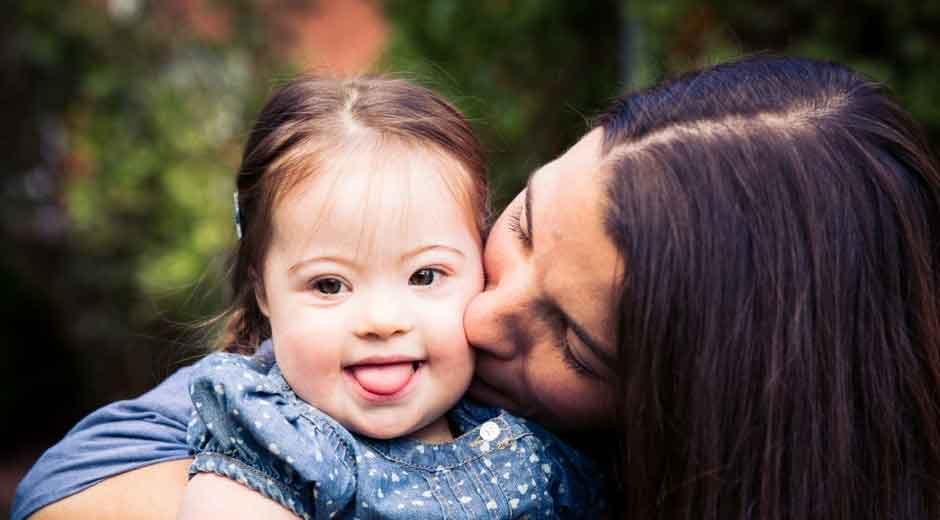Why Every Baby Deserves a Joyful Welcome: Changing the Narrative Around Down Syndrome

Introduction
Welcoming a new baby is one of life’s most transformative and joyous milestones. It is a time when families gather in anticipation, sharing tears and laughter in equal measure as they imagine a future filled with hope, love, and boundless possibilities. Yet, for many parents who learn that their child has Down syndrome, what should be a celebration too often becomes clouded by uncertainty and fears about the unknown. This emotional shift is deeply rooted in societal biases and outdated narratives that have surrounded Down syndrome for generations. A growing movement strives to change this perspective by advocating for understanding, acceptance, and comprehensive support.
It’s crucial to recognize that the birth of every child, including those with an extra 21st chromosome, deserves to be celebrated with the same enthusiasm and hope as any other. Initiatives are leading the way in helping parents and communities replace fear and hesitancy with pride, fostering a welcoming environment from the start, and providing parents with support and a sense of belonging.
The Impact of Diagnosis Delivery
The moment a Down syndrome diagnosis is delivered is pivotal, as it often shapes the emotional and psychological trajectory for parents and caregivers. Far too frequently, families recall how shared news is blunt, clinical, or tinged with pessimism—an approach that inadvertently magnifies distress rather than offering hope. Rather than feeling supported or reassured, parents can feel isolated, overwhelmed by what-ifs and worst-case scenarios. This initial interaction can linger in a family’s memory for years, influencing the early bonding process and affecting their confidence as advocates for their child.
A compassionate approach to sharing a diagnosis that recognizes the unique human story behind medical facts is proven to have a profound and lasting impact on families. According to a study published in BMC Pregnancy and Childbirth, healthcare professionals who take the time to offer balanced, empathetic, and accurate information help parents feel more capable of embracing their child’s individuality. Such positive interactions empower families to focus on building meaningful connections instead of mourning expectations.
Crafting Normalcy and Resilience
Much of the anxiety that follows a Down syndrome diagnosis stems from myths and misconceptions—not just about capabilities, but about the day-to-day reality of family life. Over time, families who focus on the extraordinary and the ordinary aspects of their child’s life are better equipped to build resilience and experience genuine joy. Establishing a new “normal” means recognizing and celebrating small victories, cherished shared traditions, and daily moments that shine as brightly as major milestones. This narrative shift allows families to reclaim their story on their terms.
Research from the Journal of Family Communication found that when mothers intentionally craft stories centered on their child’s unique personality, interests, and successes, they build a strong foundation of resilience—not just for themselves, but for their entire family. These narratives help to normalize the lived experience of having a child with Down syndrome and challenge the deficit-oriented perspectives that often dominate public discourse.
Role of Support Organizations
Navigating a Down syndrome diagnosis is not something any family should have to do in isolation. Support organizations provide the resources, education, and community connections for parents to thrive. From guiding families through the practicalities of medical care and early intervention to addressing broader questions about education and inclusion, these groups serve as lifelines. They offer up-to-date information that cuts through misinformation and create networks where families can share experiences, advice, and hope.
Organizations exemplify this supportive spirit. By ensuring each child’s unique worth is celebrated from the very beginning, these organizations break through the stigma and redefine what it means to welcome a baby with Down syndrome. Through their advocacy and outreach, they ensure that no family faces the journey alone and work toward creating a society that greets every new life with joy, respect, and unwavering support.
Educating Healthcare Providers
Much of the positivity or negativity new families experience is shaped within the first critical hours and days after diagnosis, especially by the words and attitudes of healthcare professionals. That’s why comprehensive training and ongoing education for doctors, nurses, and allied health workers are so important. Programs that emphasize compassionate care, sensitivity to cultural differences, and a modern understanding of Down syndrome are essential in redefining families’ early experiences.
When equipped with effective communication strategies, healthcare professionals can offer families much-needed context, help counteract misconceptions, and facilitate introductions to supportive resources. These efforts ensure that parents feel respected and empowered during an emotionally intense time. Informed, empathetic care fosters a lasting sense of trust and security for families and profoundly shapes how a child is welcomed into their family and their community.
Conclusion
Regardless of the number of chromosomes they carry, every baby deserves a joyful and hope-filled welcome into the world. By working together to change the narrative around Down syndrome and emphasizing opportunities, strengths, and community, we can ensure that families receive the encouragement and practical support they need right from the beginning. This shift is made possible through efforts to educate healthcare professionals, support advocacy initiatives, and foster resilience within families themselves. Through thoughtful storytelling and inclusive support, we can build a future where diagnosis leads not to isolation or worry, but to unity, celebration, and unconditional love for every child, including those with an extra 21st chromosome.



